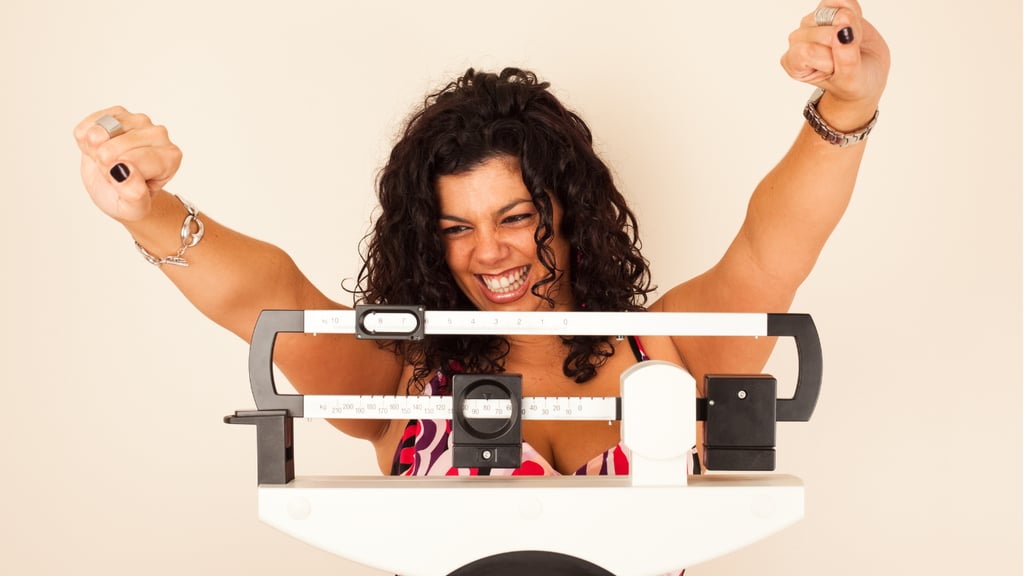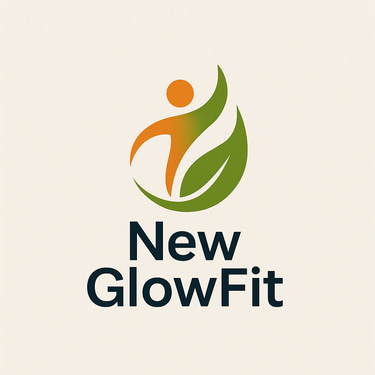Is it possible to build muscle through diet alone? Discover the truth
Find out if it’s really possible to gain muscle mass through diet alone, without supplements. Learn how nutrition, balanced meals, and key nutrients can help you build strength naturally and sustainably.
7/30/20254 min read


Building muscle is a common goal for those seeking a healthier, more defined, and functional body. But is it really possible to achieve that result with food alone—without relying on supplements or exercise? The short answer is yes, you can gain muscle mass through diet alone, but there are some important considerations, which we’ll explore in detail throughout this article.
Understanding the muscle-building process
Before we dive into nutrition, it’s important to understand how your body actually builds muscle. Muscle growth, or hypertrophy, depends on three key pillars:
Muscle stimulation (physical exercise)
Proper nutrition
Rest and recovery
That’s why, although nutrition is essential, it usually works hand in hand with physical training. However, when we talk about gaining muscle mass through diet alone, we’re referring to the body’s ability to preserve—and in some cases, slightly increase—muscle volume under certain nutritional conditions, even with minimal or moderate physical activity.
The role of nutrition in muscle growth
Food provides the building blocks your body needs to construct muscle. The most important nutrients for this process include:
Proteins: supply amino acids necessary for repairing and building muscle fibers.
Carbohydrates: serve as the main source of energy, preventing the body from using muscle protein as fuel.
Healthy fats: support hormone production and vitamin absorption.
Vitamins and minerals: essential for muscle recovery and metabolic function.
Secondary keyword: nutrients to gain muscle mass
To gain muscle mass through diet alone, it’s crucial to get the right balance of these nutrients—adjusting meal frequency and portion sizes to meet your body’s needs.
Protein: the foundation of, muscle growth
Protein is the nutrient most directly linked to muscle development. Foods rich in protein should be included in every meal of the day.
Good sources of protein:
Lean meats (chicken, fish, beef)
Eggs
Milk and dairy products (preferably whole or semi-skimmed)
Legumes (beans, lentils, chickpeas)
Nuts and seeds (almonds, cashews, walnuts)
Soy and soy-based foods (tofu, tempeh)
If you don’t eat animal products, you can combine legumes and grains (like rice and beans) to get all essential amino acids.
Energy matters too
Many people focus solely on protein and forget that without enough energy (calories), the body might use muscle tissue for fuel. In other words, eating too little can actually sabotage muscle gain.
Good sources of energy:
Rice, potatoes, cassava, corn
Whole-grain breads and pasta
A variety of fruits
Nuts and olive oil (in moderation)
The key is maintaining a positive calorie balance—consuming more calories than you burn, in a healthy and well-planned way.
Can you gain muscle without working out?
Here’s the big question. Nutrition alone can help preserve and even slightly increase muscle mass in specific cases, such as:
People who were sedentary and start eating better
Individuals recovering from injury or physical therapy
Older adults who improve their intake of protein and calories
However, significant muscle gain without exercise is limited. True hypertrophy requires some form of stimulus, even if minimal—like walking, yoga, or bodyweight exercises.
Sample meal plan for gaining muscle through diet
Here’s an example of how your meals could be distributed throughout the day to support muscle gain through food alone:
Breakfast
Omelet with two eggs
Oatmeal with banana and honey
Black coffee or tea
Mid-Morning Snack
Natural yogurt with granola
Nuts (almonds or Brazil nuts)
Lunch
Brown rice
Beans
Grilled chicken
Green salad with olive oil
Natural fruit juice (no added sugar)
Afternoon Snack
Whole-grain sandwich with boiled egg
Seasonal fruit
Dinner
Mashed sweet potatoes
Grilled tofu or fish
Steamed vegetables
Evening Snack
Warm milk with cinnamon or a homemade fruit shake
Eating every 3 to 4 hours helps keep your body in a constant muscle-building state, even while at rest.
Are supplements really necessary?
Supplements like whey protein or BCAAs are convenient, but not essential. You can absolutely reach your daily protein and calorie goals with a well-balanced natural diet.
However, supplementation can be useful for:
People who struggle to eat large portions
High-performance athletes
Individuals with specific dietary restrictions
Before spending money on supplements, evaluate your diet—often, a well-planned menu is all you need.
Key precautions when trying to gain muscle through food alone
Building muscle takes strategy and awareness. Avoid these common mistakes:
Eating too much but with poor quality (too many unhealthy fats or sugar)
Skipping protein at key meals like breakfast or before bed
Not drinking enough water (vital for protein synthesis and recovery)
Skipping meals because of low appetite
Remember: Consistency matters more than perfection.
Yes, it’s possible-but strategy Is everything
It is possible to build muscle through diet alone, especially for beginners or those improving their eating habits. The key principles are:
Eating more calories than you burn—with quality
Ensuring adequate protein intake
Including all food groups
Keeping a regular meal schedule
Still, for best and lasting results, combining good nutrition with some form of physical activity is the most effective approach.
Health
Tips for a healthy and balanced life.
© 2025. All rights reserved.
Well-being
Privacy Policy
Terms and conditions
